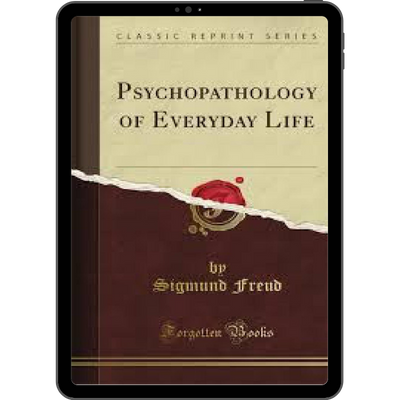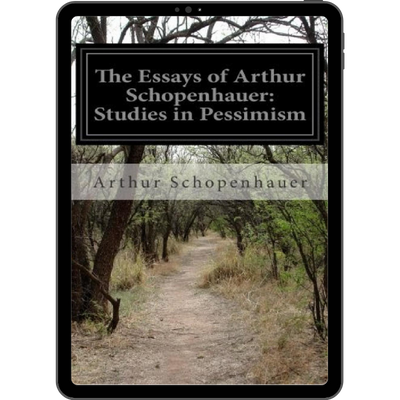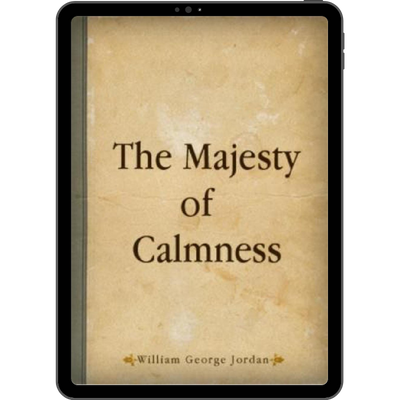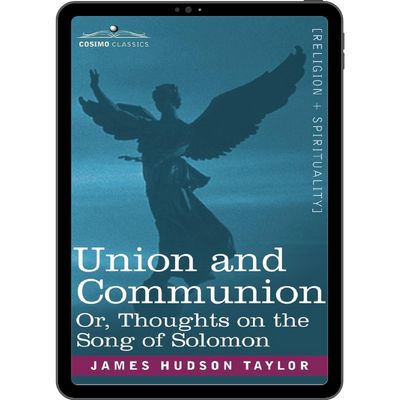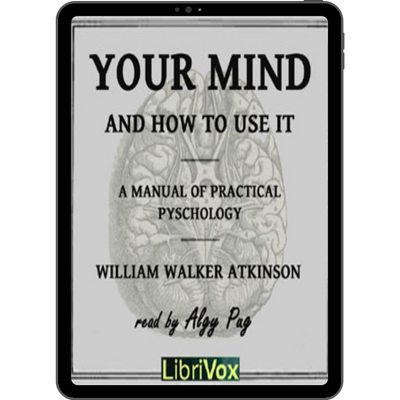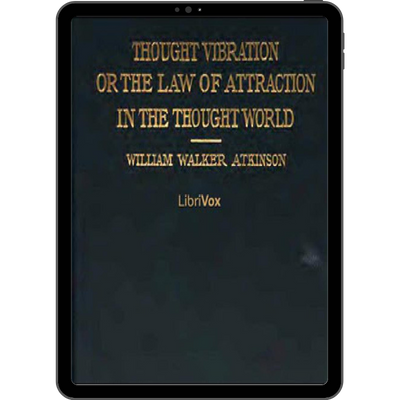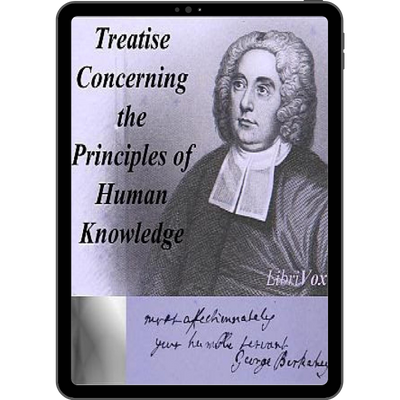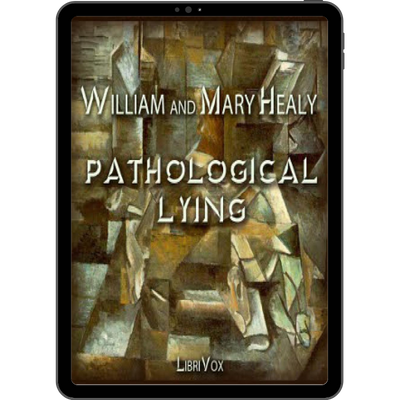psychology
The Initiative Energy of Success Chapter IV. 43 How to Avoid Wastes That Drain the Energy of Success Chapter V 68 The Secret of Mental Efficiency 68 Sticking to the Job Are you an unusually persevering and persistent person? Or, like most of us, do you sometimes find it difficult to stick to the job until it is done? What is your usual experience in this respect? Is it not this, that you work steadily along until of a sudden you become conscious of a feeling of weariness, crying “Enough!” for the time being, and that you then yield to the impulse to stop? The Lagging Brain Assuming that this is what generally happens, does this feeling of fatigue, this impulse to rest, mean that your mental energy is exhausted? Suppose that by a determined effort of the will you force your lagging brain to take up the thread of work.
This book looks at the Followers of the New Thought movement of the early 20th century who believed in the concept of "mind over matter," It introduces us to the mental fascination among animals . the rationale of fascination . experimental fascination . the phenomena of induced imagination . the dangers of psychism . Oriental fascination . and much more. From 1901 to 1905 William Walker Atkinson was the editor of a magazine New Thought and editor of the journal Advanced Thought from 1916 to 1919. Certainly gives you food for thought. - Summary by Michele Eaton
The Mind and the Brain is an Alfred Binet psychology classic and a prolonged effort to establish a distinction between what is called mind and what is called matter. Nothing is more simple than to realise this distinction when you do not go deeply into it; nothing is more difficult when you analyse it a little. At first sight, it seems impossible to confuse things so far apart as a thought and a block of stone; but on reflection this great contrast vanishes, and other differences have to be sought which are less apparent and of which one has not hitherto dreamed. Alfred Binet ( July 8, 1857 - October 18, 1911) was a French psychologist who invented the first practical IQ test, the Binet-Simon test.[2] In 1904, the French Ministry of Education asked psychologist Alfred Binet to devise a method that would determine which students did not learn effectively from regular classroom instruction so they could be given remedial work

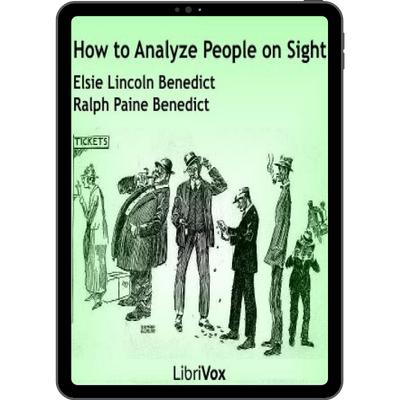
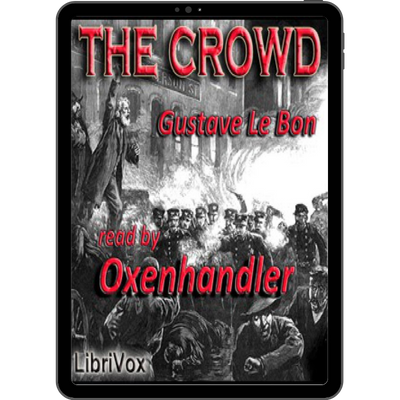
SEDE
Avenida Joaquim Nabuco, 1286
Centro - Manaus - AM
CEP: 69020-030
Tel: (92) 3198-7100
UNIDADE MANAUARA
Avenida Mário Ipiranga, 1300
Adrianópolis - Manaus - AM
CEP: 69057-002
Tel: (92) 3198-7100
EDUCATION USA
Contatos:
Isa Akel: [email protected]
Soraya Moresi: [email protected]
Tel: (92) 3198-7119










Siga-nos nas redes sociais
© 2022 ICBEU Manaus - Todos os direitos reservados












